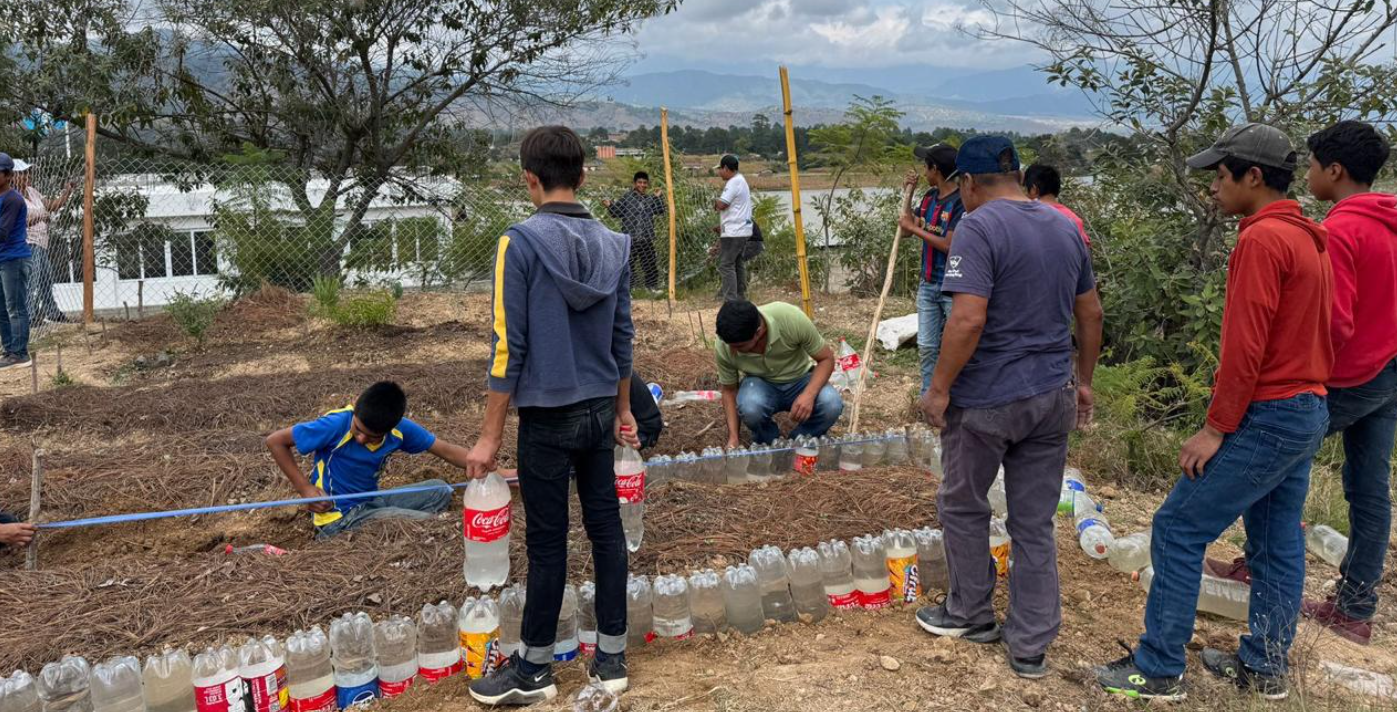
YOUTH DEVELOPMENT
By the time TWP turns 50 years old, the world’s population will be close to 10 billion people. The leaders of today will have moved beyond their working years, and if trends hold, our children will have inherited a world of depleted natural resources, mass migration, and climatic instability.
Part of taking a long-view on solutions to the climate crisis is ensuring that people continue to confront climate challenges after we are gone. Involving young people today in ongoing efforts toward social and environmental sustainability is a strategy to add depth and succession to these movements.
As a TWP priority, Youth Development is the notion that we should be intently opening doors for young people, especially from Indigenous communities, interested in restoring the critical balance between people and the environment. Whether they study in the science of conservation, Indigenous rights, water quality, forest health, or even nonprofit management, ensuring their success is critical to our future.
This is an easy filter for us to apply to our work, in the sense that we maintain relationships with Universities that support Native students, and with several agencies and organizations that work in conservation. We open doors by entering into respectful research partnerships between our implementing partners and university programs, presenting in classrooms and events, offering work study and internship opportunities, and also by co-funding job opportunities for youth entering the workforce.
Within the organization, many TWP staff began as interns, and worked in several dimensions of our programs as they grew into senior leadership positions. Taking a long view on environmental and social challenges suggests that relationships and understanding get stronger over time - planning for longevity starts with creating space for young peoples’ perspectives early on.
Biological researchers, Tamara Layden, Sofia Fernandez, and Mynor Sandoval, and community research partners of La Bendición (members of the Women’s Group and Youth Group) taking a hike inside their communal forest to set up camera traps together
In Central America, young people are the most likely to migrate if they don’t experience quality education and economic opportunity during their upbringing. The root causes of migration include lack of access to dignified livelihoods in these countries, and finding pathways for young people to participate in the workforce in ways that improve the environment is where TWP can make significant contributions to current and future generations.
To that end, much of our recent hiring has focused on identifying and recruiting high-potential individuals that live close to the challenges we’re addressing. There is no shortage of talented young people, especially Indigenous young people, in the Americas that want to build careers consistent with their values, and that contribute to the health of their culture and community. Oftentimes, the barrier is access - both to educational opportunities and to the socioeconomic circles that exclude them.
TWP wants to be the bridge that increases the involvement of Indigenous youth in natural resource management careers, and that provides encouragement and support along every step of the way. I hope that when young Native professionals look at TWP’s staff, they see themselves in a future role where they can develop their careers while contributing to the sustainability of their communities and staying true to their values.





TWP’s Indigenous Lands Outreach Coordinator, Phillip Chavez, shares the importance of TWP’s youth engagement efforts.